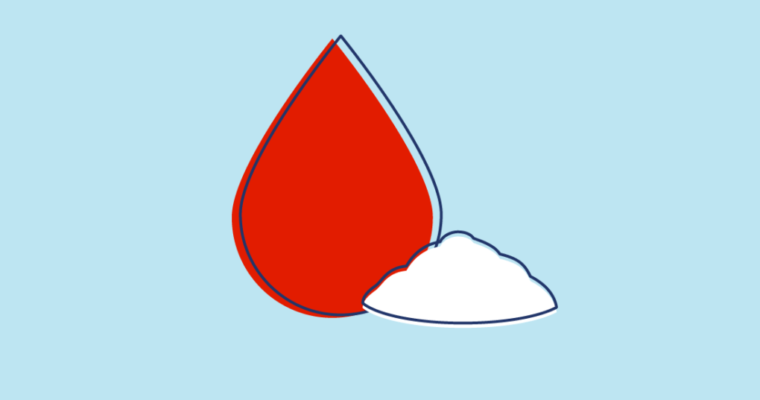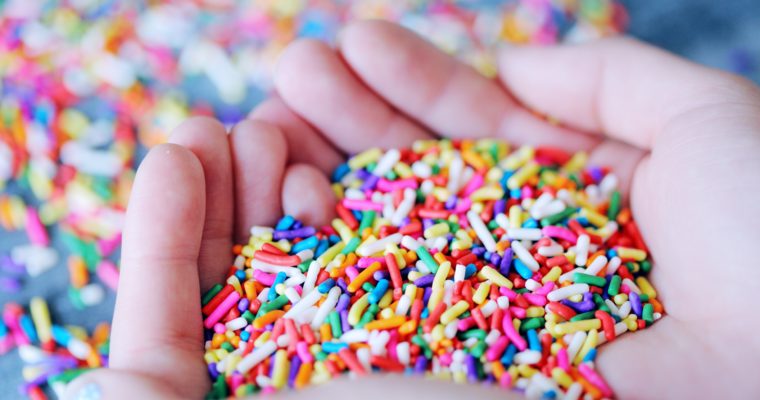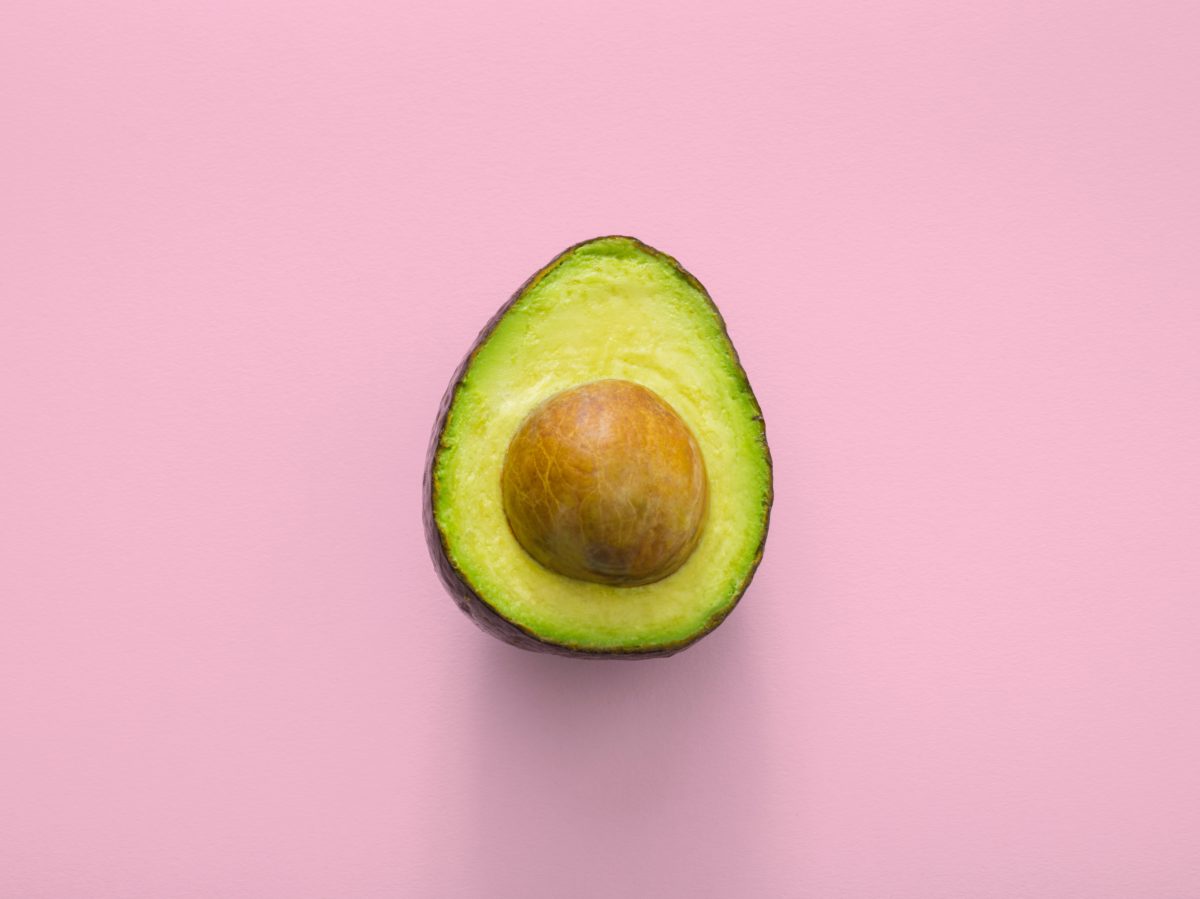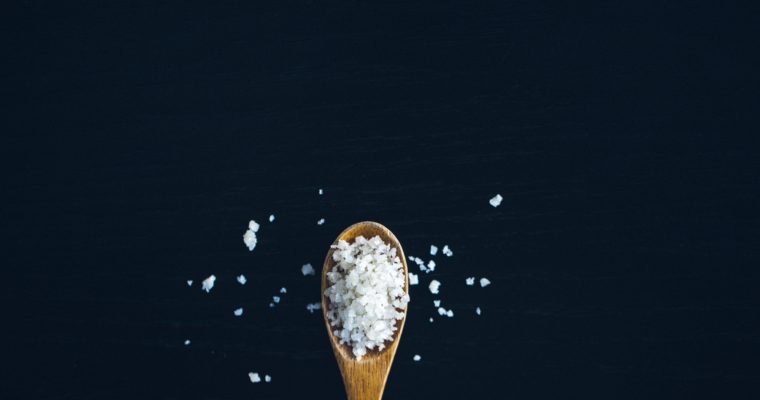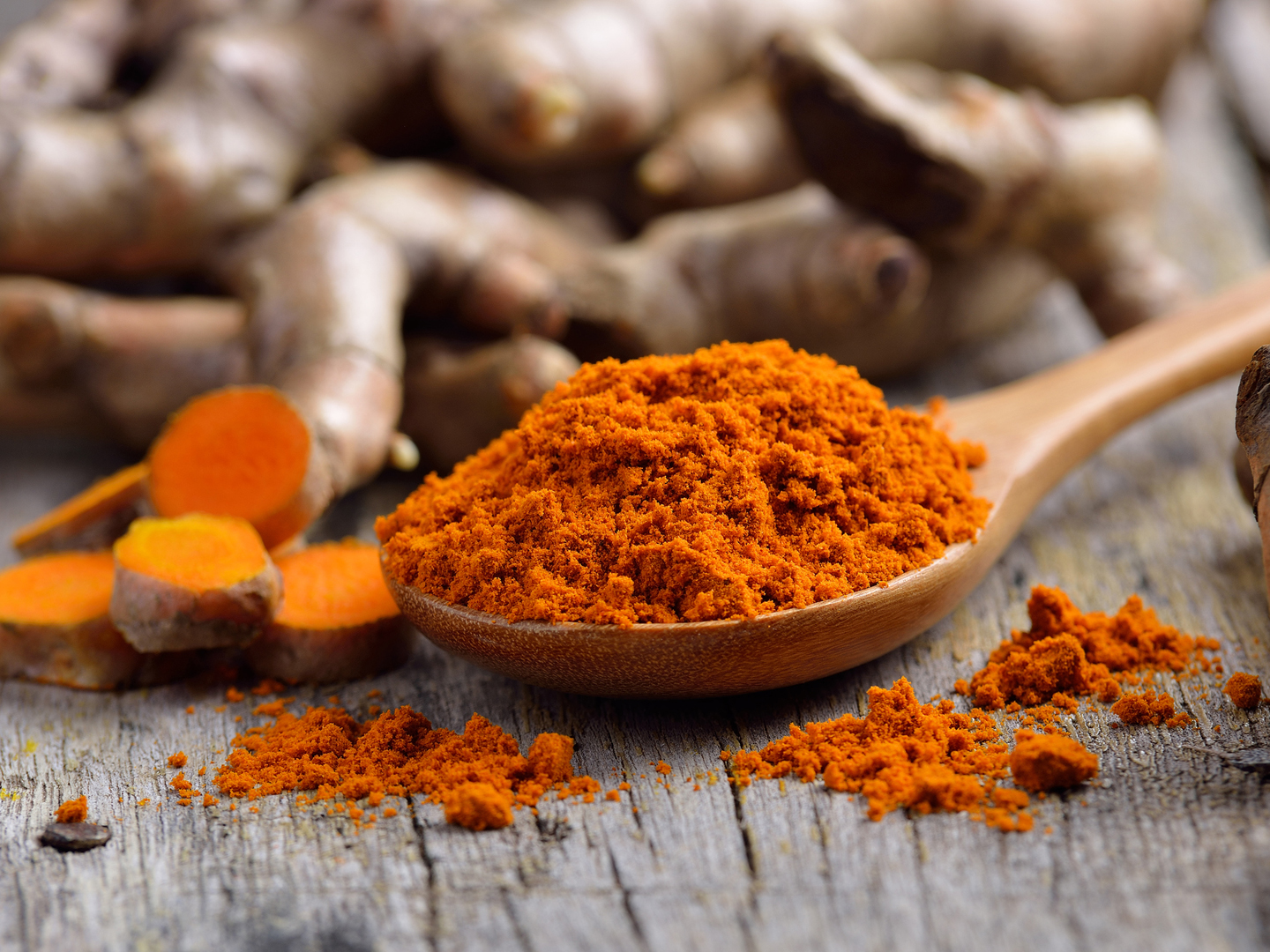Stevia is a natural, no-calorie sweetener that many have chosen as a replacement to the harmful but commonly consumed white sugar. This alternative sweetener is particularly popular among individuals with diabetes, as their need to control their blood sugar intake and maintenance is much higher. Researchers have now found that this sweetener may actually help to control blood sugar levels in a new study.
Researchers from the United Kingdom and Belgium have found that Stevia activates a protein called TRPM5, which is associated with taste perception and plays a role in the release of insulin after eating, according to the study’s authors. Study co-author Koenraad Philippaert says their finding could open to the door for new treatments for type 2 diabetes.
What is Stevia?
Stevia is a natural sweetener that comes from the leaves of the Stevia rebaudiana plant, also known as sweetleaf, that is actually around 200-400 times sweeter than table sugar. This plant tends to be grown on small farms in Asia, South America or other tropical/sub-tropical climates. Once harvested, the leaves are then dried and steeped in hot water to filter and concentrate the sweetest components of the leaf. According to an article published in the journal Food and Chemical Toxicology, “As your body processes the sweetener, stevia leaf extract passes through your digestive tract without being broken down for calories. This is different than the way your body processes sugar: during digestion, complex sugars are broken down into monosaccharides and are absorbed into the bloodstream.
Study: Stevia & Blood Sugar
Using mice, researchers aimed to confirm the role of stevia in TRPM5 stimulation. The mice were fed a high-fat diet over a long period to prompt the development of type 2 diabetes. When the high-fat diet was supplemented with a daily dose of stevioside (an active component of stevia) the researchers found that the rodents did not develop type 2 diabetes. This was not the case for mice that lacked the TRPM5 protein.
The study’s co-author Professor Rudi Vennekens reports, “This indicates that the protection against abnormally high blood sugar levels and diabetes is due to the stimulation of TRPM5 with stevia components.” Though researchers say their findings could lead to new strategies to treat type 2 diabetes, they caution that more research is required.
Balancing Blood Sugar by Jerry Hickey, R.Ph.
Diabetes is a vicious and life-threatening disease. It is a condition where your blood sugar is continuously and seriously elevated (and your triglycerides are also). The excess circulating blood sugar is very destructive inflaming tissues in the heart and circulation, in the eyes, brain, kidneys, and nerve tissue leading to all manner of serious and life threatening diseases.
Diabetes occurs because for various reasons your cells become resistant to the effects of the hormone insulin; insulin normally stores sugar in your cells. However, long before full blown diabetes occurs, at a stage referred to as pre-diabetes, your blood sugar is already modestly increased and the beginnings of damage to your kidneys, your blood vessel walls, and to your eyes is already occurring (perhaps it should be renamed early stage diabetes); even a modest elevation in blood sugar should always be looked at seriously.
Diabetes type 2 is the more common version that occurs when the body’s cells become resistant to the effects of insulin. This results in elevated levels of sugar and triglycerides in the blood. The most common cause of type 2 diabetes is truncal obesity or having an apple shaped body instead of a pear shaped one. New evidence indicates that an increase in the circulating levels of CRP (C-reactive protein), an enzyme tied into inflammation and heart disease, is a major indicator of impending diabetes.
Type 1 diabetes refers to an autoimmune disease that attacks and destroys the insulin producing cells in the pancreas; it is much less common. People with type 1 diabetes always require insulin.
Know your Test Scores
To determine your risk of developing diabetes your doctor will perform a test on your blood after you fast for 12 hours. If your blood sugar after fasting is lower than 99 you are likely ok. However, if the blood sugar is between 100 to 125 mg/dL you have impaired fasting blood glucose and your risk of developing diabetes is increased. You are also at risk for developing cardiovascular disease. For many individuals diet, exercise, and particular nutrients are very beneficial at this point and can help restore blood sugar levels down towards normal. Some drugs are also prescribed for this effect. If your fasting blood sugar is above 125mg/dL you are considered to have full blown diabetes and diabetes is a vicious disease that must be treated aggressively.
A1C is a blood test that measures average blood glucose over the past 2 to 3 months and is the best way to measure overall glucose control. It should be measured 2 to 4 times a year and the goal is less than 7 percent.
Questions about Stevia, Blood Sugar, or Type 2 Diabetes? Leave them for Jerry Hickey, R.Ph right here in the comments!

